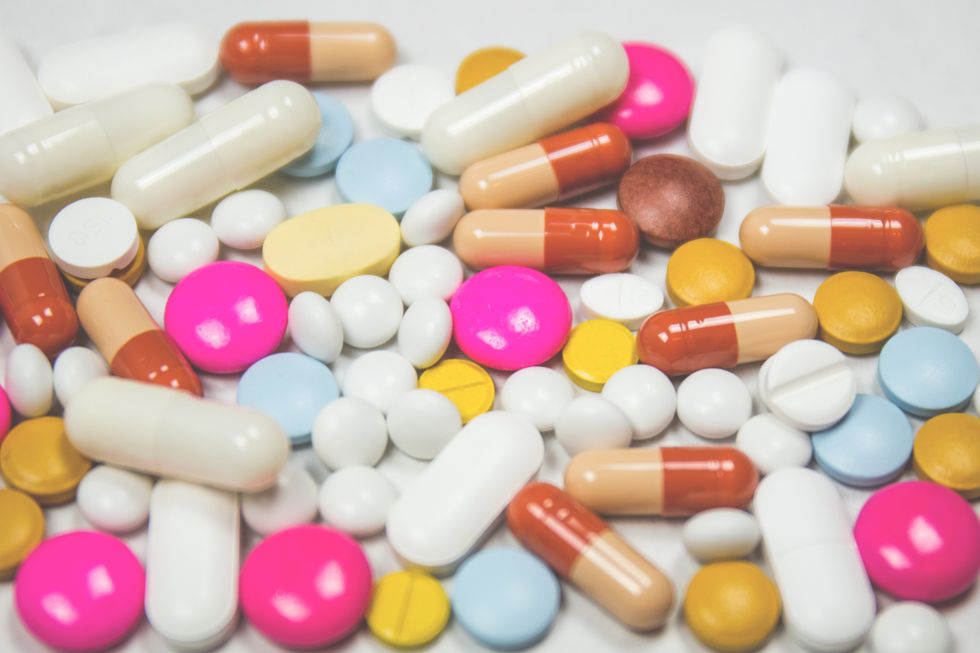It dopes you up. It numbs you to real life. It’s inorganic. It brands you as a “crazy person.” These are just a few limbs of the monstrous stigma associated with anti-depressants and other mental health medications. And such fears don’t come from nowhere: it makes sense to be afraid of chemical supplements that alter the functioning of one’s brain. But is there really reason for such ambivalence, and even outright opposition?
I don’t think so.
In order to break down exactly why mental health medication isn’t worth fearing, we actually need to de-romanticize it. Taking pills to help with depression, anxiety, and other disorders does just that--it helps. It doesn’t ‘cure’ anything. Mental illness more closely resembles a chronic disease than a temporary physical impairment: nothing can make it go away permanently, but there are ways to cope with it, and to keep oneself at the level necessary to function in daily life.
Function is the key word here. Let’s hone in specifically on major depressive disorder. Depression is very widely associated with sadness, to the point of presumed synonymity. But sadness and other negative emotions, including boredom and anger, are symptoms of depression, not core features or causes. The illness itself is much more complex--and more difficult to handle.
Depression, even at high-functioning levels, is disabling. It keeps people from reaching their full potential, because simple tasks become exhausting or even insurmountable. Not only is this unpleasant for the afflicted person; it disrupts the lives of those around them, as they become unable to perform their jobs and maintain their relationships.
Antidepressants don’t force you to be happy or control your actions--they simply enable the execution of previously difficult tasks.There’s nothing sci-fi or eerie about it. It’s true that genuine happiness doesn’t come from artificial chemicals--it comes from satisfactory accomplishments and beneficial life experiences. However, said accomplishments and experiences can’t be achieved when executive function is massively impaired by mental illness. When they work as intended--and keep in mind, they sometimes don’t--antidepressants will bring one’s serotonin and other such substances necessary for proper functioning back to a typical level. In other words, they’ll even out the chemical imbalances of a brain, thus giving the patient the same set of mental tools to work with as everyone else. They don’t create happiness--they just level the playing ground. They give us what we need to be functioning members of society, and when we can operate on the same level of productivity and reward as everyone else, we just happen to be a little bit happier.
The stigmatization of antidepressants--and other drugs that assist with myriad mental illnesses, including mania and psychotic disorders--needs to stop. Anyone taking a medication for mental health benefits can assure you that they’re by no means “doped up.” These medications improve and save the lives not only of the people taking them, but of their friends, families, and coworkers. And is there really any good reason to stand opposed to something that saves lives?



















